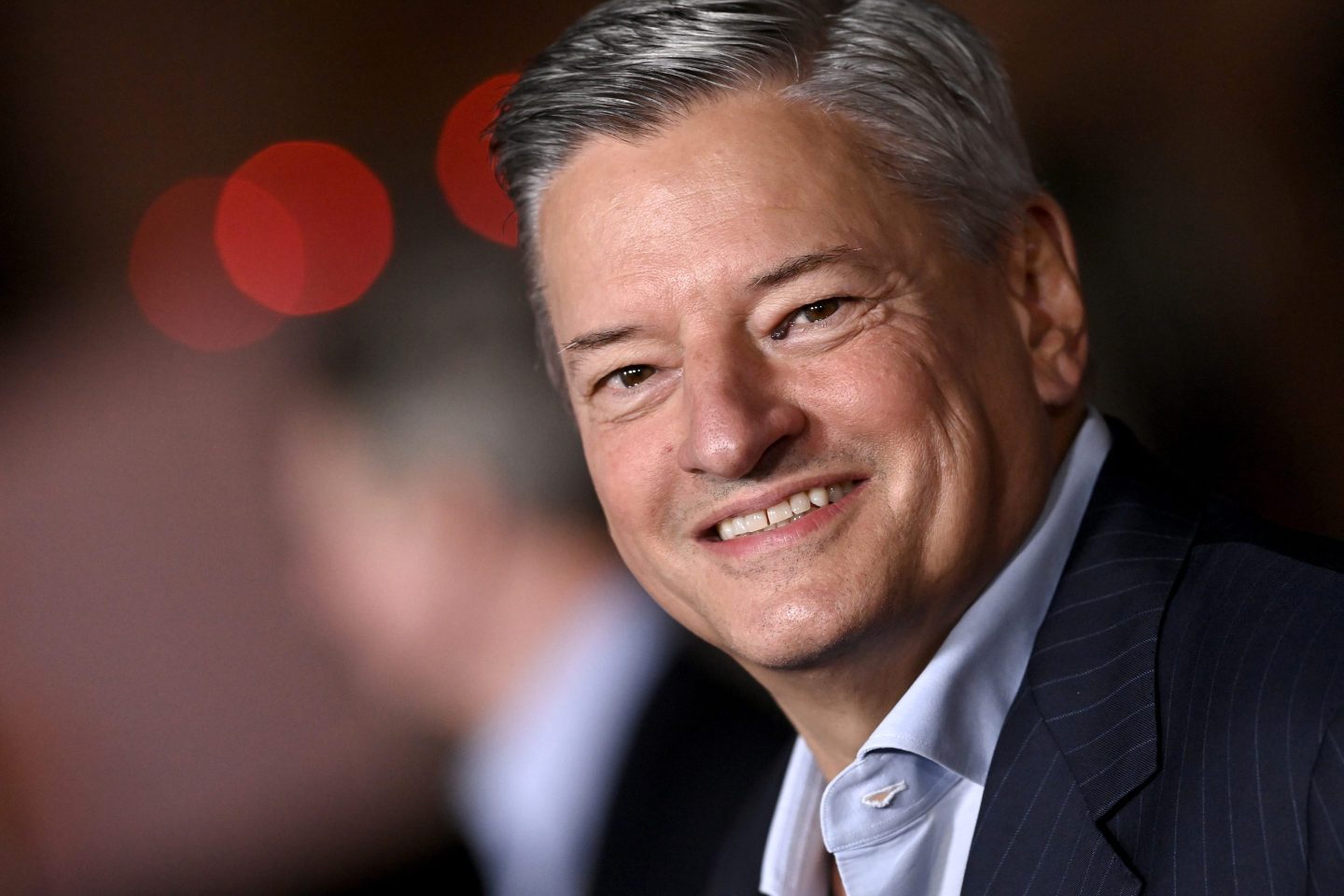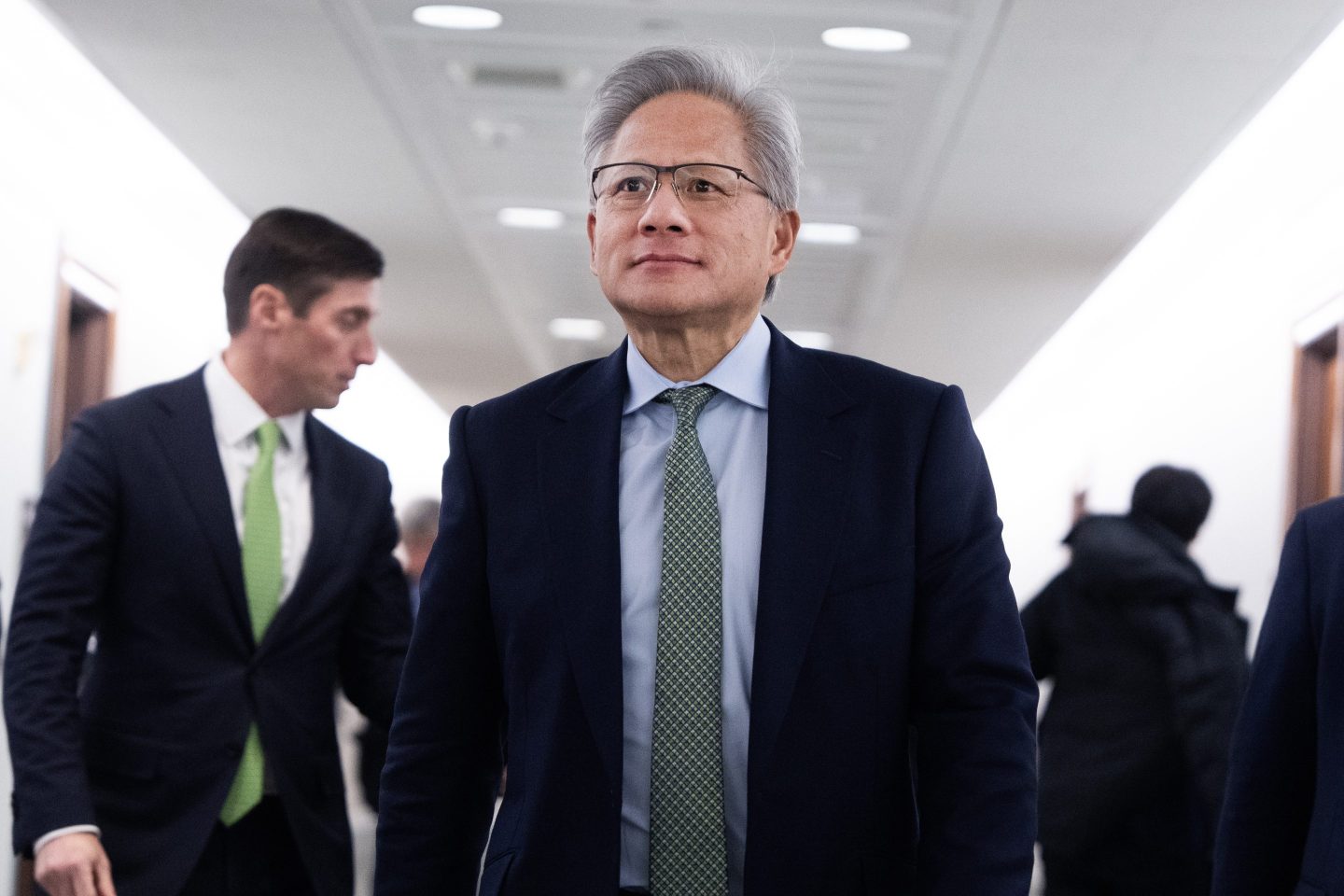Our Weekly Read column features Fortune staffers’ and contributors’ takes on recently published books about the business world and beyond. We’ve invited the entire Fortune family — from our writers and editors to our photo editors and designers — to weigh in on books of their choosing based on their individual tastes or curiosities. In this installment, Time Warner VP and former Fortune editor-at-large Richard Siklos takes a look at A Matter of Principle, where Conrad Black gives his unsparing side of the story that toppled his media empire and sent him to jail.

FORTUNE — Everything you need to know about the mission of Conrad Black’s A Matter of Principle, his memoir about falling from his perch as one of the world’s biggest (and last) newspaper moguls, is encapsulated in the blurb Tom Wolfe provided for it: “Black is back, and it’s payback time, Jack.”
Payback for the shareholders who accused him of misusing company funds, payback for the governance experts — chiefly former SEC chairman Richard Breeden — who ran him out of the company he built, Hollinger International; payback for colleagues who he said either let him down or cheated him and proved to be outright rats; payback for nearly everyone on the boards of directors of the public companies he led, many of whom were hand-picked pals; payback for nearly every lawyer he enlisted to help fight his cause; payback for all the random accounting firms and receivers who turned out to be plunderers rather than aiders, and payback for the Feds in Chicago, led by District Attorney Patrick Fitzgerald, who Black depicts as corrupt agents of a system that has transposed the word prosecution with persecution. Oh, and there is also payback for the journalists who have covered his story, including yours truly, author of two books on Black, the first when he was on the way up (1995), the latter as things were headed south but before he was charged (2004). In his book, Black describes me as “the inevitable Richard Siklos, not the most obnoxious of journalists but no prize winner for quality of research or objectivity either.” From his “brief scan” of my newer volume, “it appeared to be a cataract of low gossip and clumsy gropings toward pretended insight.”
Fuller disclosure: I recently invited Black to lunch in New York as he awaited his return to a low-security prison to serve a further seven months on top of the 29 he had done, interrupted by a successful Supreme Court appeal that was not enough to get him the full vindication he’s fought for, but did reduce his overall sentence from the 6.5 years he was in the midst of serving. (p.s. lunch was enjoyable, and Black was in good form, looking forward to the end of his eight-year ordeal and vowing to stop talking about it after he is released.) Two convictions against Black stand — one for obstruction of justice, another for fraud — and he goes on at length in the book to attempt to debunk them, something he did not do at his trial as he did not testify.

Many readers who didn’t obsessively follow Black’s career or even his downfall with close interest may find Black’s version of events dense or in some sections uninteresting, but overall this is an enthralling work — especially given that it was mostly written longhand by lamplight in his cell at the Coleman Federal Correctional Facility near Orlando, Fla. “Bemused by the economic and political shambles, created largely by people I have known, I fight on from this absurdly shrunken perimeter for my liberty, reputation, and fortune. I still expect to win,” Black writes. Part of what is so appealing about Black’s tome is the sense of optimism and humor, even when describing cavity searches or being shackled. He has written biographies of Nixon and FDR and is currently finishing a strategic history of the United States, but you kind of wish he’d write something less weighty, maybe even a novel, to tap into more of his talent for invective, literary allusion, and wry insight.
When Black is finally released next spring, he’ll be 67 years old, and, as a UK citizen, unlikely to return to the U.S. The days are long gone from when his Hollinger International owned more newspapers with more readers than any other company in the world except News Corp. (NWSA) and Gannett (GCI) — and gone, too, are the days when that got you (as it did Black) a company Gulfstream to shuttle among homes in New York, Palm Beach, London, and Toronto. But one of Black’s more interesting admissions is that during his last few yeas overseeing London’s Daily Telegraph — the largest and most prestigious of his papers — he “had loathed almost every minute of my job.”
As you may guess, what you won’t find in A Matter of Principle is much confession. Black’s position is essentially that he exhibited hubris and may have done some things for which he deserved to be knocked from his throne, but he did nothing illegal. He was, rather, a victim to “a climate hostile to my version of capitalism which could portray any sense of individualism as license and vanity and wanton-self indulgence.” And, knowing he has his work cut out, he offers this set up: “The seemingly endless list of morally deformed people you are about to encounter may seem exaggerated and not credible. Please think of it as a sharks’ feeding frenzy: when the possibility of tens (if not hundreds) of millions of dollars is dangled above the open mouths of people who have dreamed of or pursued such sums without significant success all their lives, hunger takes over. Greed, mendacity, viciousness, and even megalomania — which live in most people at a level they can more or less suppress and control — come to the fore in pathological surges.”
Whether you believe every assertion of Black’s account or not, what A Matter of Principle demonstrates so fulsomely and engagingly is that Tom Wolfe may have it wrong. Black isn’t back: He actually never left.











